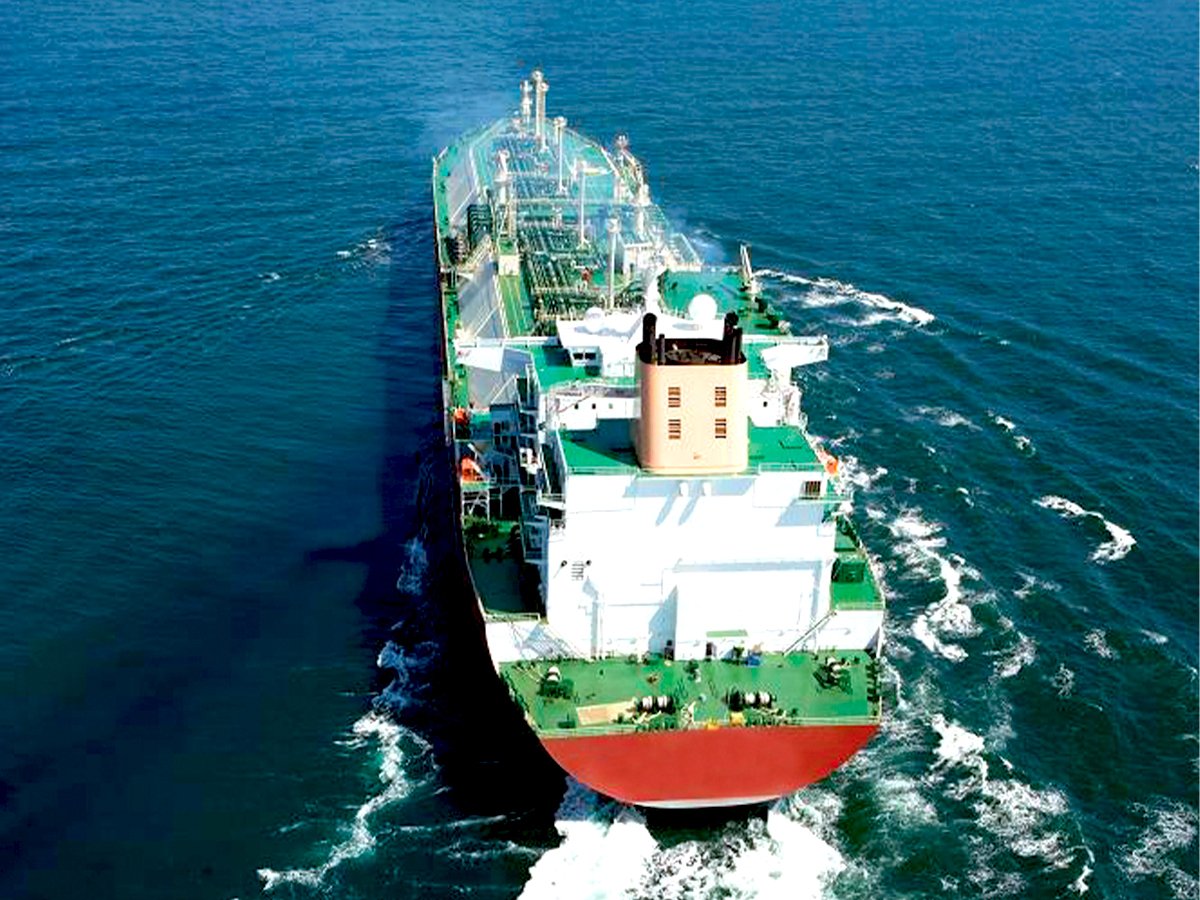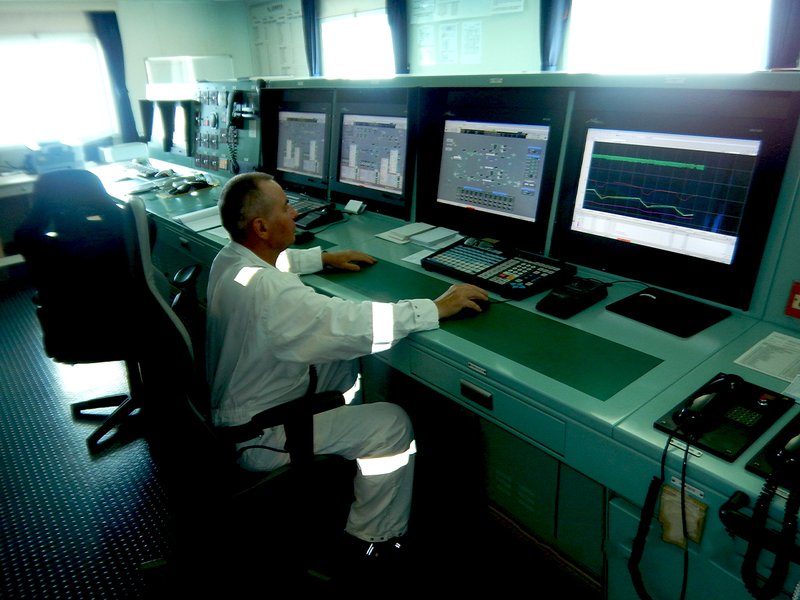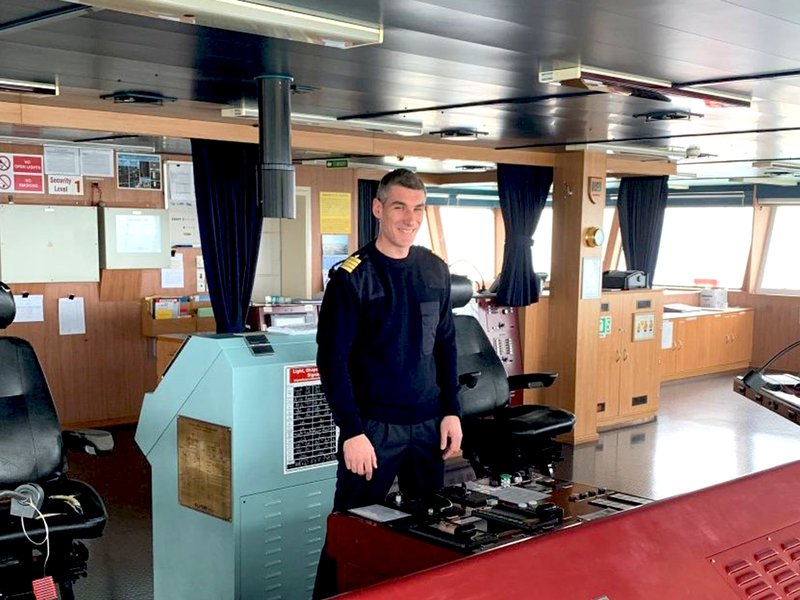
Ships don’t sail themselves, people do. As demand for LNG grows around the world, this specialised cargo needs the highly trained and qualified personnel to carry out the task. Read on to find out more about the crew and what it takes to join their ranks.
Liquefied natural gas (LNG) is currently the fastest growing natural energy source, favoured by many utilities for being clean, versatile and widely available. Demand has increased enormously in recent years with significant orders for new LNG carriers placed with shipyards in Asia.
The transportation of this commodity involves specialised vessels, a ship manager with the necessary technical and operational expertise as well as dedicated, knowledgeable, and experienced crew. The human resource factor plays an essential role in ensuring the supercooled gas is successfully and safely loaded, shipped and delivered.
As more LNG and LNG-fueled vessels have been ordered and will be delivered in the future, it will create demand for a pool of seafarers with specialised skills and onboard experience, ready to operate these new ships.
In the previous issue, BSM Highlights looked at how BSM advances the need to build seafarer knowledge and competences on LNG vessels through its Maritime Training Centres (MTCs), cadet training programme with partner maritime academies as well as BSM Crew Service Centres (CSCs) and supported by BSM’s Fleet Transition Programme.
BSM highlights meets two seafarers employed with Pronav, the BSM Ship Management Centre (SMC) dedicated to LNG carrier operations, as both crew members share the skills, experience and mindset required to succeed in this niche market.

For Piotr Szadkowski his work onboard LNG carriers is the highlight of his nautical career from a technical perspective.
Piotr Szadkowski is a gas engineer working on the Al Ghariya, a Q-Flex LNG vessel that is one of the world’s second largest LNG carriers with a cargo capacity of 210.000 cubic metres, which is 1.5 times compared to conventional LNG tankers. The Q-Flex vessels can reliquefy the boil-off gas to deliver the maximum volume to buyers.
His journey with LNG started in 2007 when he worked on the LNG Capricorn, a Moss-type LNG carrier with steam propulsion under Pronav’s management then.
Prior to that, Szadkowski gained experience from 1996 as a gas engineer on board ethylene and liquefied petroleum gas (LPG) carriers, where he gained good experience with the cooling and reliquification technology.
At 64, he considers his work as a gas engineer onboard Q-flex LNG carriers with full reliquification plants the highlight of his nautical career from a technical perspective.
Szadkowski’s professional experience isn’t limited to just LNG. Throughout his career, he has worked as an electrician and refrigerating engineer on other vessel types – LNG, LPG, bulk, containers, reefers – and each fleet segment has its own requirements and specific challenges.
“Working on LNG vessels gives me satisfaction because it allows me to gain new experiences, puts me in touch with a lot of interesting people, enables me to collaborate with professionals, and offers a good salary,” said Szadkowski. “It will be my pleasure to share my knowledge and experience with my younger colleagues.”

Damir Jelovic has been working on board LNG vessels for almost 15 years.
Damir Jelovic is a captain currently serving onboard the Q-Flex LNG tanker Duhail, managed by Pronav. Jelovic’s LNG experience dates back to 2006 where he was a chief officer for several years, gaining valuable experience prior to his promotion to command rank.
During his time at sea, Jelovic has worked on general cargo, ro-ro and LPG vessels before switching to LNG. The past 15 years spent in the LNG industry has taught him about the energy commodity’s distinct nature as the vessels and their cargo are highly valuable.
“LNG ships have unique safety and security measures and preconditions that must be met both at sea and in ports,” said Jelovic. “These provisions for the crew, ships, and ports are getting stricter and becoming more challenging to comply with but they are there for our protection and safety and are very essential in our work.”
The LNG business is underpinned by long-term contracts, typically for an average of 20 or more years, signed between producers and buyers; similarly, Jelovic sees himself working on LNG tankers in the years ahead as he is certain that this is the right profession for him.
“I like that there is a strict order that must be obeyed to achieve necessary safety levels,” added Jelovic. “It is a challenging job that tests your limits and pushes you forward to become a better version of yourself.”
To achieve the better version of himself, Jelovic subscribes to being humble and learning from fellow captains with more experience in commanding LNG vessels as well as accepting the support from Pronav’s office.








